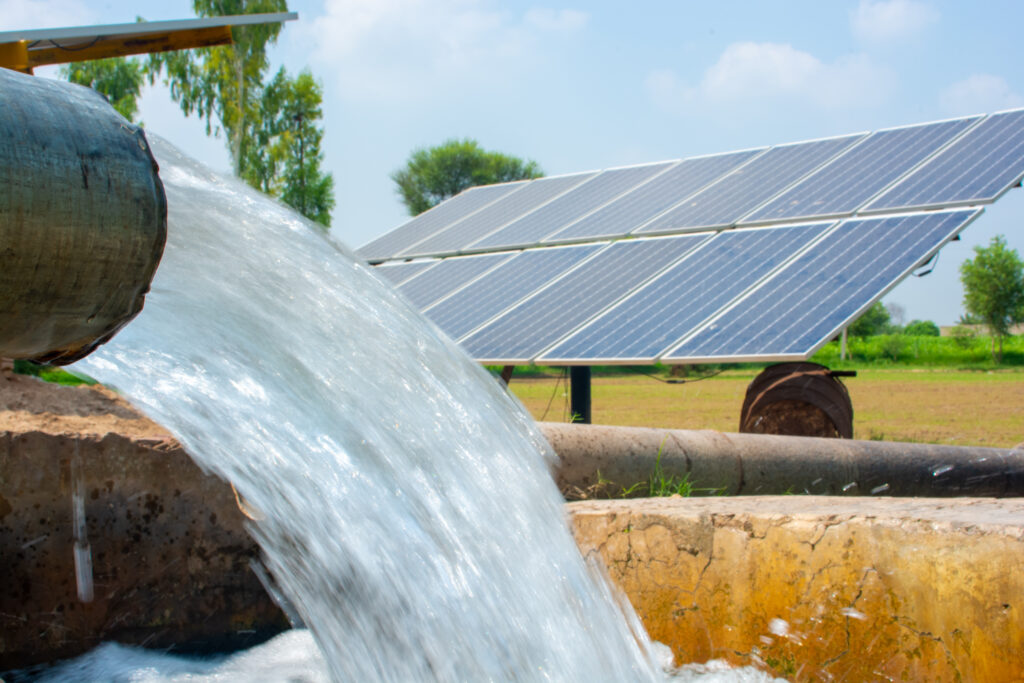
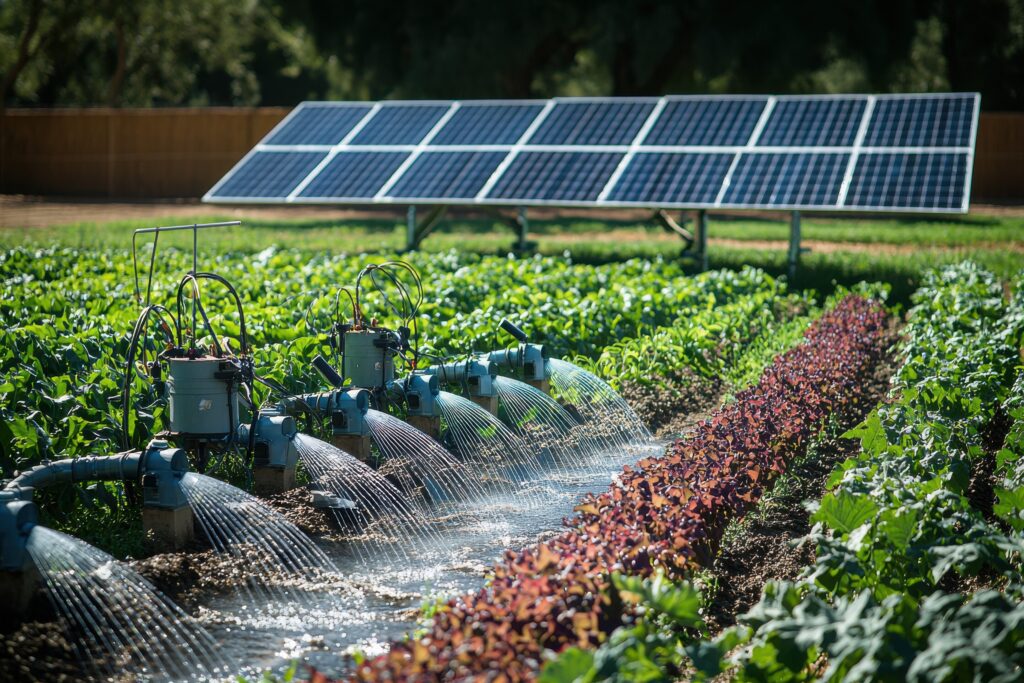
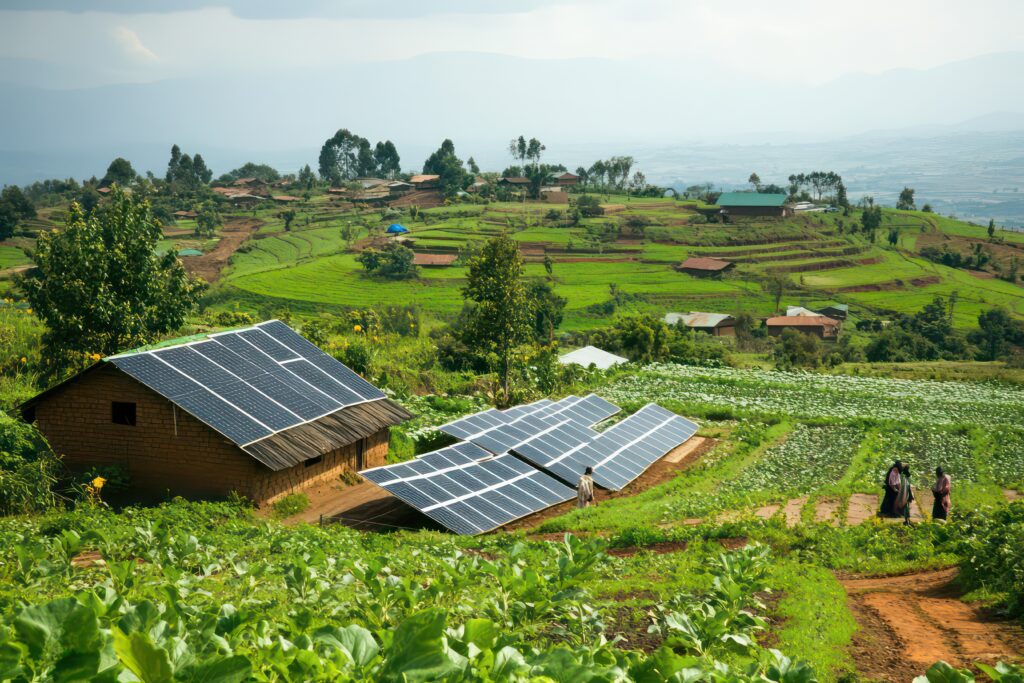
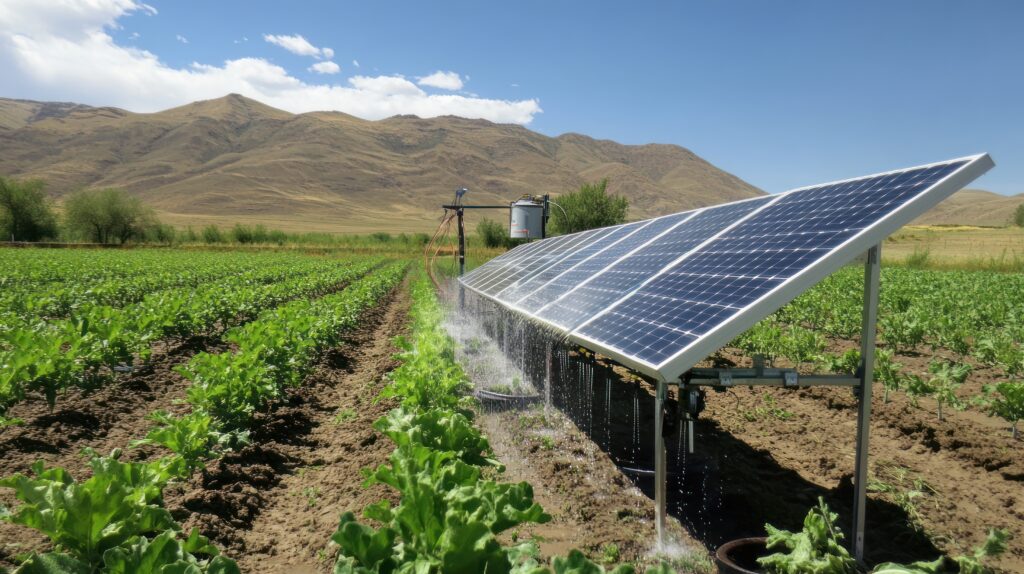
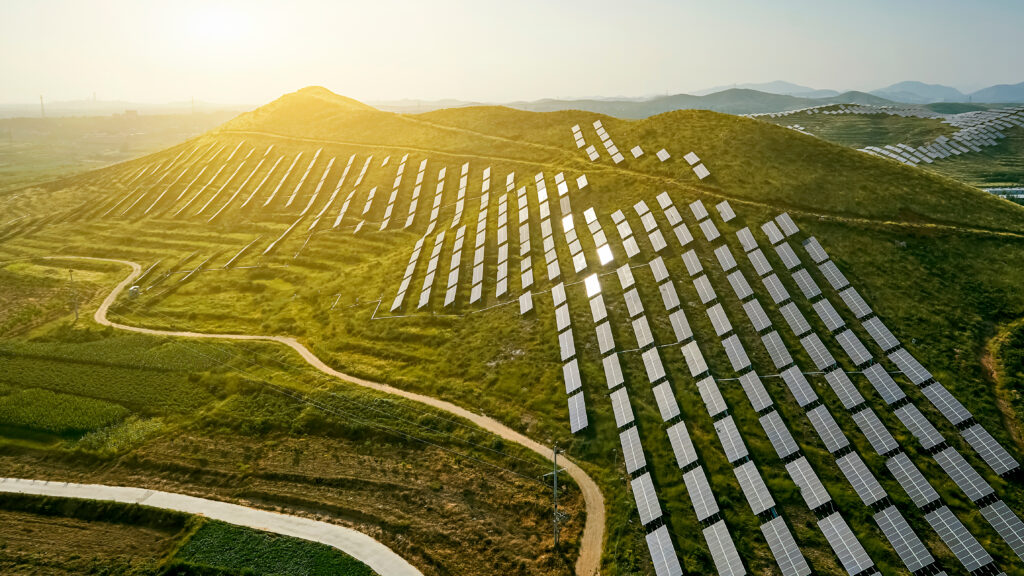
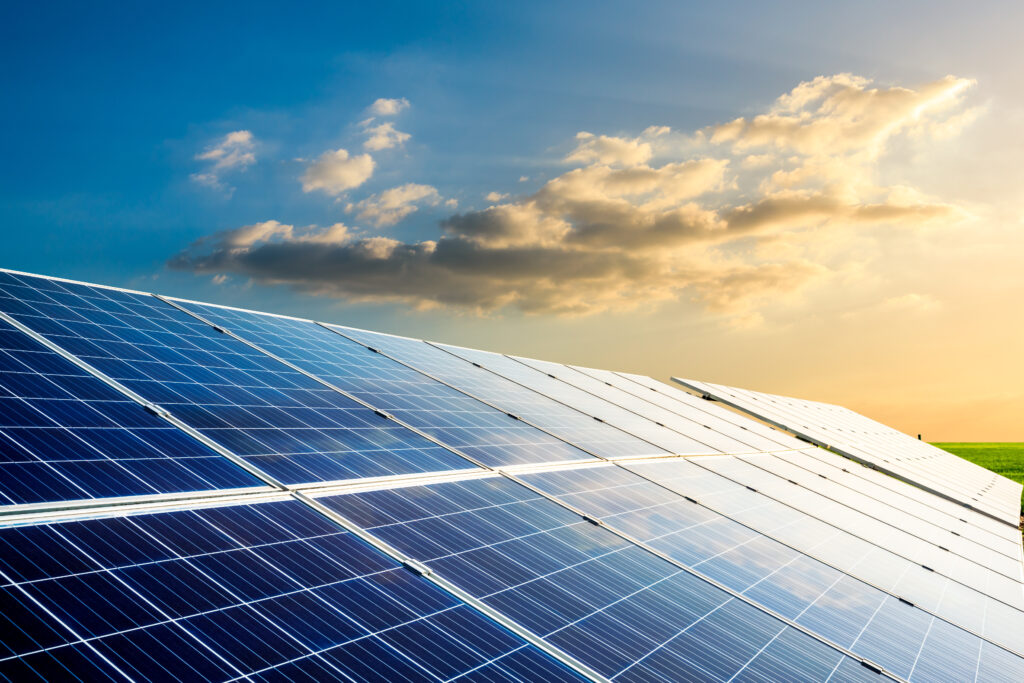
Integrating solar technology into farming operations offers a range of benefits, particularly for irrigation and livestock management. Solar energy can power pumps and provide electricity for off-grid storage needs, making it a valuable asset for modern agricultural practices. Here, we explore how solar components, primarily focusing on DC pumps and battery storage, can revolutionize rural farming operations.
Advantages of Solar Irrigation Systems
Solar-powered irrigation systems utilize solar panels to generate electricity needed to run pumps, making them an ideal solution for farms that require a reliable watering system. These pumps can move water from lakes, rivers, or underground aquifers, providing farmers with a consistent water supply.
Key Advantages:
-
Cost-Effective: Once installed, solar irrigation systems significantly reduce electricity costs related to pumping water. Farmers no longer rely on fossil fuels or grid electricity, resulting in substantial savings over time.
-
Sustainability: Utilizing solar energy reduces the carbon footprint associated with irrigation practices. This aligns with global trends toward sustainable farming, appealing to environmentally conscious consumers.
-
Independence: Solar irrigation gives farmers greater autonomy, especially in remote areas where traditional power sources may be unreliable or expensive.
-
Scalability: Solar systems can easily be scaled up or down depending on the size of the operation. Whether a small garden or a vast agricultural enterprise, solar irrigation systems can adapt to meet diverse needs.
-
Low Maintenance: Solar pumps require minimal maintenance compared to diesel generators or traditional pumps. This can save farmers considerable time and money in the long run.
Emphasizing DC Pumps
DC solar pumps are a popular choice for irrigation in agricultural settings. They run directly off the solar panels without the need for inverters, eliminating energy losses associated with converting solar power from DC to AC.
Benefits of DC Pumps:
- Efficiency: DC pumps are designed for higher efficiency in converting solar energy directly into mechanical work for pumping water.
- Easy Integration: Many of these pumps are straightforward to install and come with user-friendly controls. This reduces the need for specialized technical expertise.
- Optimal for Off-Grid Systems: Since they can operate directly from solar power, DC pumps are perfect for farms not connected to the electrical grid.
Off-Grid Storage Solutions
For farmers in remote areas, having a reliable power supply is crucial. This is where off-grid storage solutions, particularly solar batteries, come into play. These batteries store excess energy generated by solar panels during sunny days for use during less favorable conditions.
Advantages of Off-Grid Storage:
-
Energy Reliability: Storing energy ensures farmers have power whenever needed, helping maintain operations without interruptions.
-
Flexibility: Batteries give farmers flexibility in managing their energy use. They can run irrigation pumps early in the morning or after dusk using stored energy, optimizing water usage according to their unique schedules.
-
Cost Savings: A well-designed battery storage system allows farmers to minimize reliance on grid electricity—resulting in lower operational costs.
-
Backup Power: During grid outages or emergencies, battery systems provide critical backup power, ensuring that vital operations remain functional.
Implementing Solar Solutions in Livestock Management
Solar energy can also enhance livestock management on farms. Solar panels can power fencing systems, lighting, and feeding stations, ensuring that livestock care remains uninterrupted, regardless of existing power grid issues.
Benefits for Livestock Farms:
- Enhanced Comfort: Solar solutions enable better environmental control for animals, contributing to their health and productivity.
- Security: Solar-powered fencing systems can protect livestock from predators without connecting to the electric grid.
- Feeding Automation: Solar energy can power automated feeding systems, ensuring consistent feeding schedules.
Conclusion
Integrating solar energy into irrigation and livestock solutions presents farmers with numerous advantages, including reduced costs, sustainability, and increased operational independence. Farmers can leverage solar DC pumps for efficient irrigation and combine these with off-grid battery systems to maximize the benefits of renewable energy.
As this technology continues to evolve, more agricultural businesses are likely to adopt solar solutions to enhance productivity and sustainability. Investing in these systems today could make a significant difference for farmers in the future.
For in-depth resources and insights on solar energy solutions, visit Andromeda Energy.


Leave a Reply